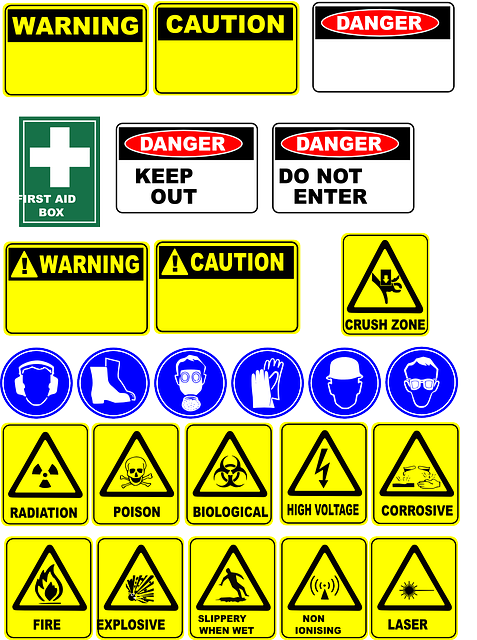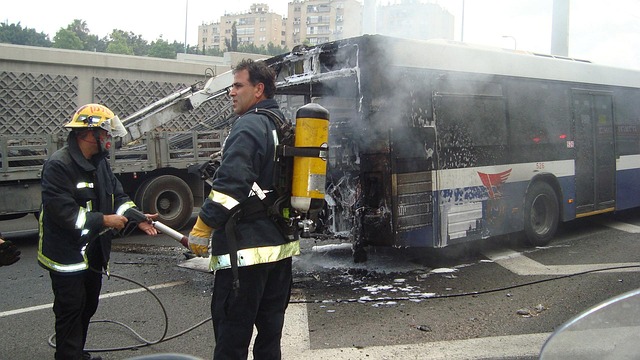Rigorous passenger safety background checks are vital for enhancing transportation security, reducing risks of unscreened individuals posing threats, and building public trust. Comprehensive screening includes verifying credentials, checking criminal records, and conducting reference checks to uphold operational integrity and maintain high safety standards.
In today’s world, ensuring passenger safety is paramount within the transportation industry. One effective measure gaining traction is the implementation of rigorous background checks. This article explores how comprehensive background screenings play a pivotal role in fostering trust and safeguarding travelers. We delve into the significance of enhancing passenger safety through stringent background checks, examining case studies that highlight their preventive capabilities against potential risks. By analyzing these key aspects, we emphasize why such checks are indispensable for maintaining a secure transport ecosystem.
- Enhancing Passenger Safety Through Background Checks
- The Role of Thorough Screening in Transport Trust
- Preventing Risks: A Case for Rigorous Background Verifications
Enhancing Passenger Safety Through Background Checks

Background checks play a pivotal role in enhancing passenger safety within the transportation industry. By meticulously verifying an individual’s identity, criminal history, and employment records, transport companies can mitigate potential risks associated with allowing unknown or unvetted individuals onto their vehicles. This proactive measure ensures that passengers are protected from any unforeseen dangers, fostering a sense of security during their journey.
Implementing rigorous passenger safety background checks becomes especially critical in an era where securing sensitive transportation networks is paramount. These checks act as a crucial layer of defense against potential threats, such as terrorism or other criminal activities, thereby contributing to the overall resilience and safety of both public and private transport systems.
The Role of Thorough Screening in Transport Trust

Thorough screening and robust passenger safety background checks are integral to building trust within the transportation industry. By implementing rigorous verification processes, transport companies can ensure that their employees, drivers, and contractors adhere to the highest standards of integrity and reliability. This is paramount in an industry where public safety is a primary concern.
A comprehensive screening process delves into an individual’s history, verifying credentials, and uncovering any potential red flags. It includes checking criminal records, employment verifications, and reference checks. Such meticulous passenger safety background checks not only protect the reputation of transportation businesses but also mitigate risks associated with employing individuals who may pose a threat to public safety or compromise the integrity of operations.
Preventing Risks: A Case for Rigorous Background Verifications

Ensuring passenger safety is paramount in the transportation industry, and rigorous background verifications play a pivotal role in preventing potential risks. Comprehensive passenger safety background checks are essential tools to safeguard both passengers and service providers. By delving into an individual’s history, these checks can reveal any red flags or concerning behaviors that may pose threats during transit. From verifying identity and criminal records to assessing past employment and education, each aspect contributes to a holistic understanding of an individual’s trustworthiness.
Rigorous background verifications act as a robust defense mechanism against diverse risks, including security threats, fraud, and unsafe behavior. They help transportation companies make informed decisions, allowing them to maintain high safety standards. By implementing stringent checks, the industry can foster an environment of confidence, ensuring that every journey is secure and reliable. This proactive approach not only protects passengers but also strengthens the overall integrity of the transportation sector.














